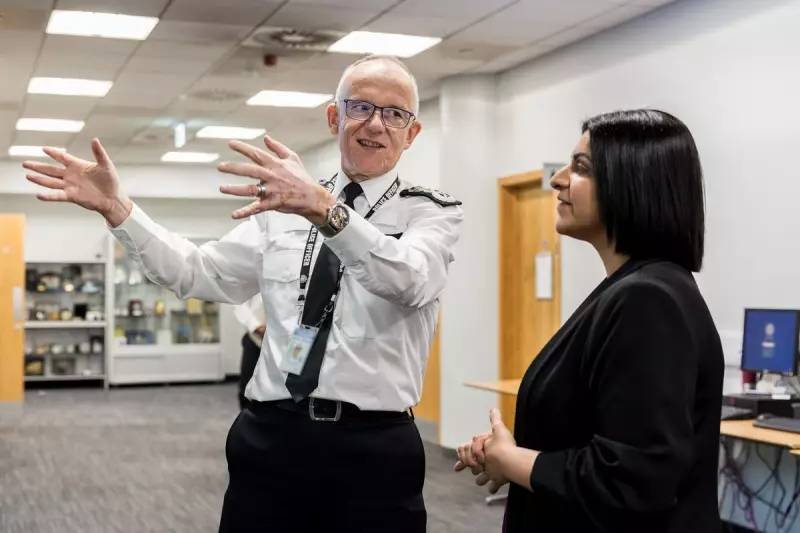
In a robust defence of the Metropolitan Police's strategy, Commissioner Sir Mark Rowley has publicly endorsed the arrest of individuals for posting offensive or inflammatory content on social media platforms. The statement comes amidst growing public and political debate over the balance between free speech and the policing of online hate.
Sir Mark argued that the scale and speed at which harmful content can spread online presents a unique challenge to public safety, justifying police intervention. He stated that while free speech is a cornerstone of democracy, it is not an absolute right when it threatens the safety and well-being of others.
The Core of the Argument: Safety vs. Speech
The Commissioner's comments provide a clear insight into the Met's operational priorities. He drew a distinction between merely offensive opinions, which he suggests people should simply "scroll past," and content that crosses a legal threshold into being threatening or abusive, which necessitates a police response.
This approach means that individuals can be arrested and charged under legislation like the Public Order Act or the Malicious Communications Act for the content of their tweets, Facebook posts, or other online communications.
Political Reactions and the Farage Case
The debate was partly ignited by comments from former UKIP leader Nigel Farage, who claimed the police were increasingly pursuing people for their political opinions online. Sir Mark's defence is seen as a direct counter to this criticism, framing the police actions as a necessary measure for maintaining public order rather than a political tool.
The article highlights that this is not a theoretical issue; numerous cases have emerged of individuals facing police interviews and legal consequences for their online activity, raising questions about the boundaries of law enforcement in the digital age.
Implications for the Public
For the average social media user, the Commissioner's stance serves as a stark reminder that online actions can have real-world consequences. The police's position indicates that what is posted on digital platforms is not considered a separate space but an extension of the public square, subject to the same laws against harassment and threats.
This policy continues to be a contentious topic, sitting at the complex intersection of civil liberties, law enforcement duties, and the evolving challenges of the digital world.





